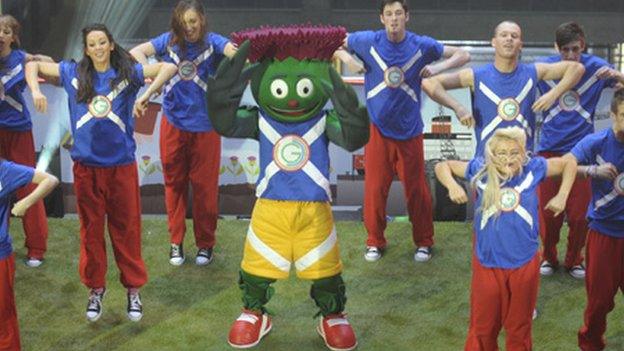Glasgow 2014: Commonwealth Games baton relay route unveiled
- Published
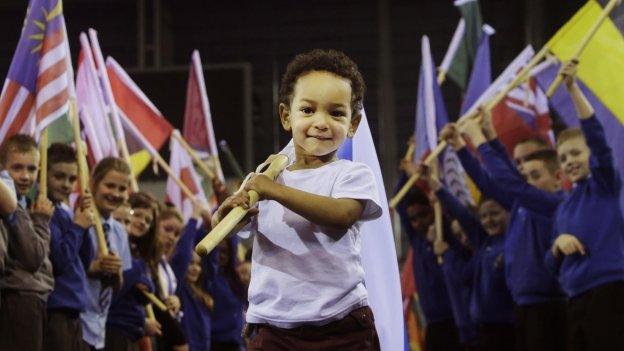
Two-year-old Otis Bazie during the unveiling of the 2014 Commonwealth Games international route for Queen's Baton Relay
Commonwealth Games organisers have unveiled the route the Queen's Baton Relay will take around the world.
The 190,000km relay - far longer than the Olympic Torch relay - will travel to 71 nations and territories in seven months before arriving in Scotland.
It is 500 days until the 2014 Commonwealth Games is held in Glasgow - from 23 July to 3 August 2014.
The baton, whose design has not yet been revealed, will leave from Buckingham Palace on 9 October.
It will carry a message from the head of the Commonwealth, The Queen.
The relay will visit 71 nations and territories of the Commonwealth, including India, which will be its first venue on 11 October.
It will also visit Australia, South Africa, Canada and Jamaica as well as many smaller nations such as Tuvalu and Nauru, before returning to Scotland for an extensive tour in June 2014.
The relay is designed to unite the two billion citizens of the Commonwealth in a celebration of sport, diversity and peace.
Organisers said the relay offers Glasgow and Scotland a "once-in-a-lifetime" opportunity to "shine" on the global stage.
The baton will spend an average of one to four days in each nation, with an extended duration of seven days in Wales, two weeks in England and 40 days in Scotland.
It will be in Vanuatu, in the South Pacific, over Christmas, bring in the start of 2014 in Sierra Leone and celebrate St Andrew's Day - dedicated to the patron Saint of Scotland - in New Zealand.
The smallest island on the route is Nauru, also in the South Pacific.
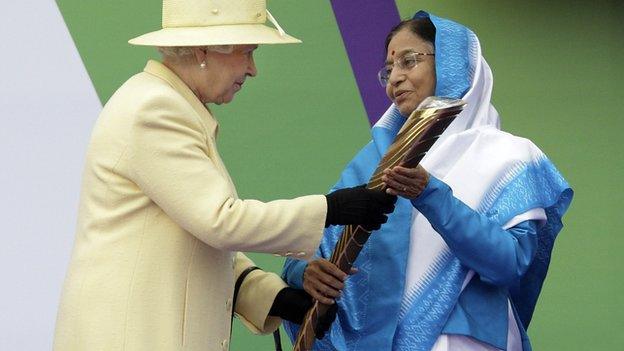
The Queen presents India's President Prathibha Devi Singh Patil with the baton to launch the Delhi Commonwealth Games
The Commonwealth baton will spend four days on board RMS St Helena as it crosses the South Atlantic Ocean from South Africa to St Helena.
The final relay runner will hand the baton back to the Queen at the opening ceremony of the Games.
The Queen will then read aloud the hidden message and officially declare the Games open.
The relay was introduced at the 1958 British Empire and Commonwealth Games in Cardiff.
Before 1998, the relay would only travel through England and the host nation but by 2002, in Manchester, it was covering 100,000km and visiting 23 nations.
Melbourne 2006 was the first baton relay to visit all 71 nations which sent teams to the Games.
The 2014 games will see 4,500 athletes compete for 261 medals in 17 sports, held in 14 venues around Glasgow and beyond.
Hampden Stadium in Glasgow will be used for the track and field events, with the Emirates arena being used for badminton and the Sir Chris Hoy Velodrome for cycling.
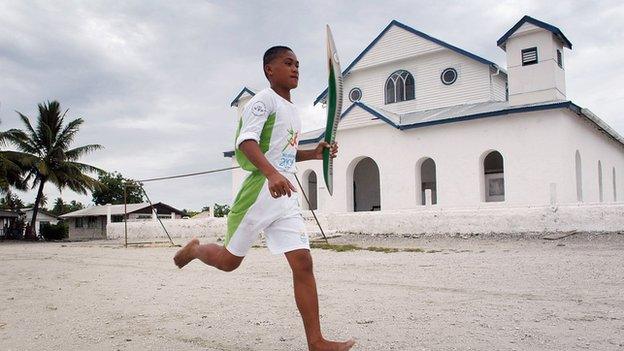
Tuvalu is one of the smallest nations to be taking part in the Commonwealth Games
The venues at the SECC, including the new Hydro arena, will play host to gymnastics, boxing, judo, wrestling, weightlifting and netball.
Squash and table tennis will take place in Scotstoun, swimming at Tollcross and lawn bowls at Kelvingrove.
Ibrox stadium will be used for the rugby sevens and Celtic Park will host the opening ceremony.
Outside Glasgow, the Royal Commonwealth Pool in Edinburgh will host the diving, the Barry Buddon Centre in Angus will be the venue for the shooting and the triathlon will take place at Strathclyde Country Park in Lanarkshire.
- Published18 July 2014
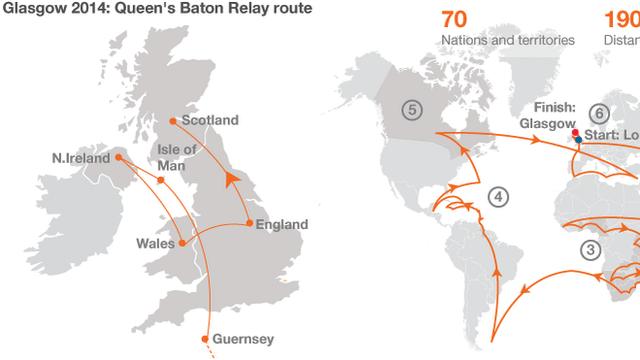
- Published11 March 2013
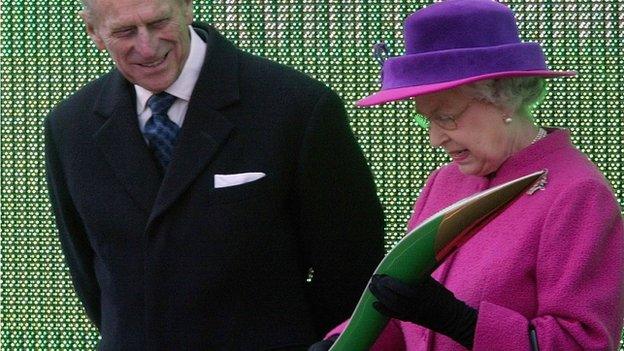
- Published10 March 2013
- Published7 March 2013
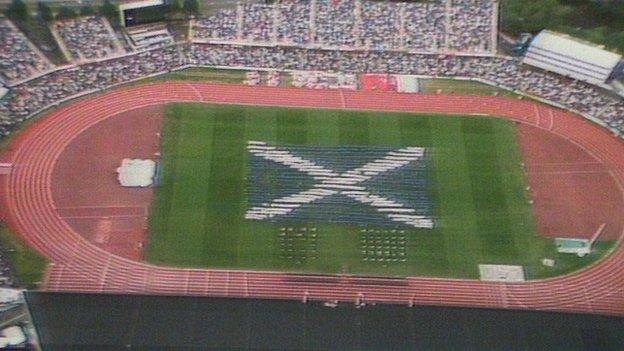
- Published1 March 2013
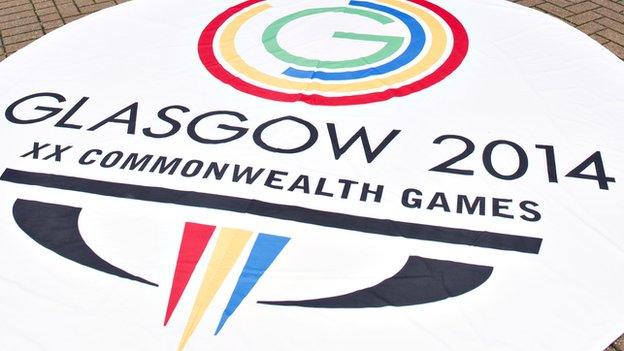
- Published20 September 2012
